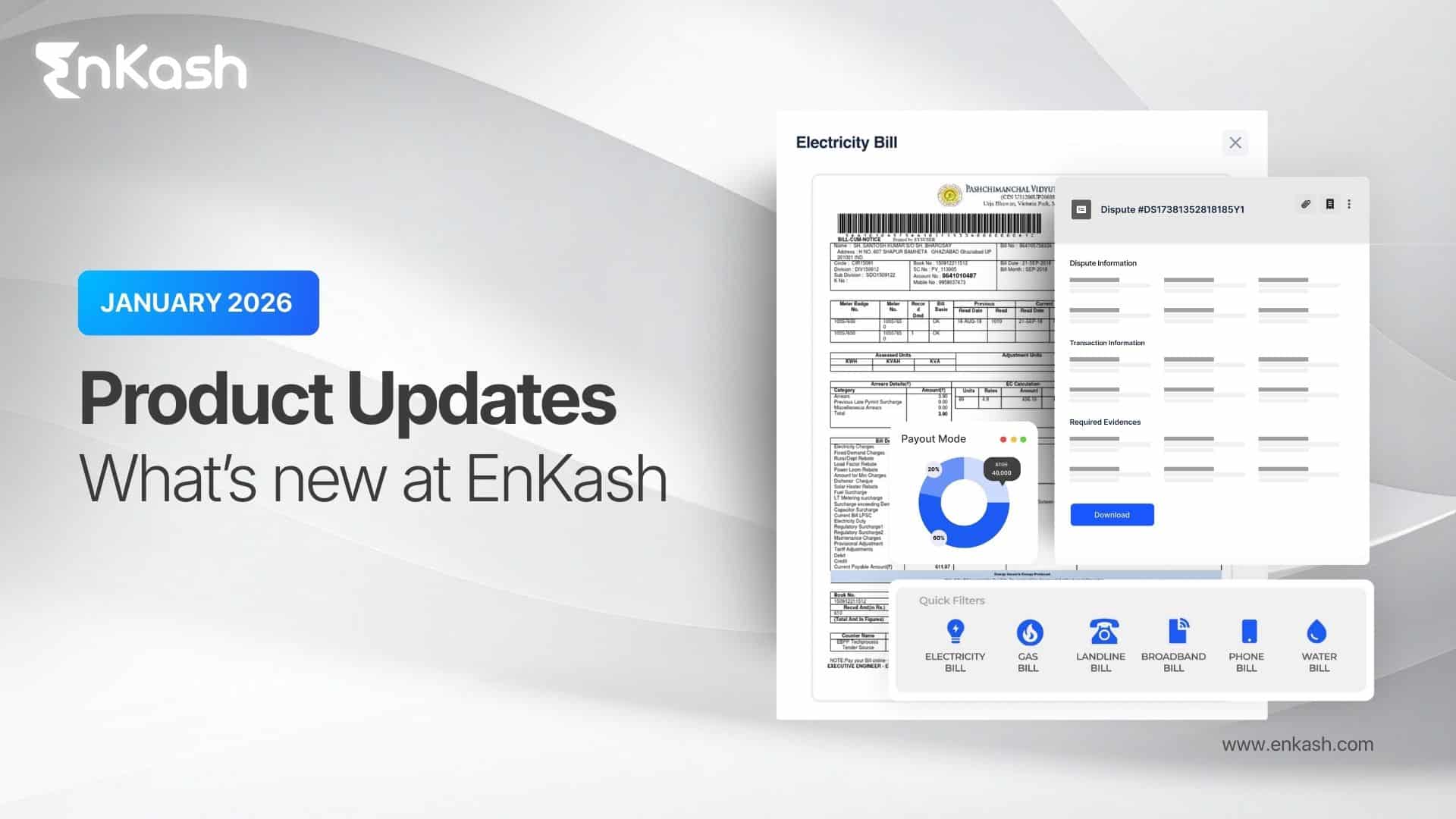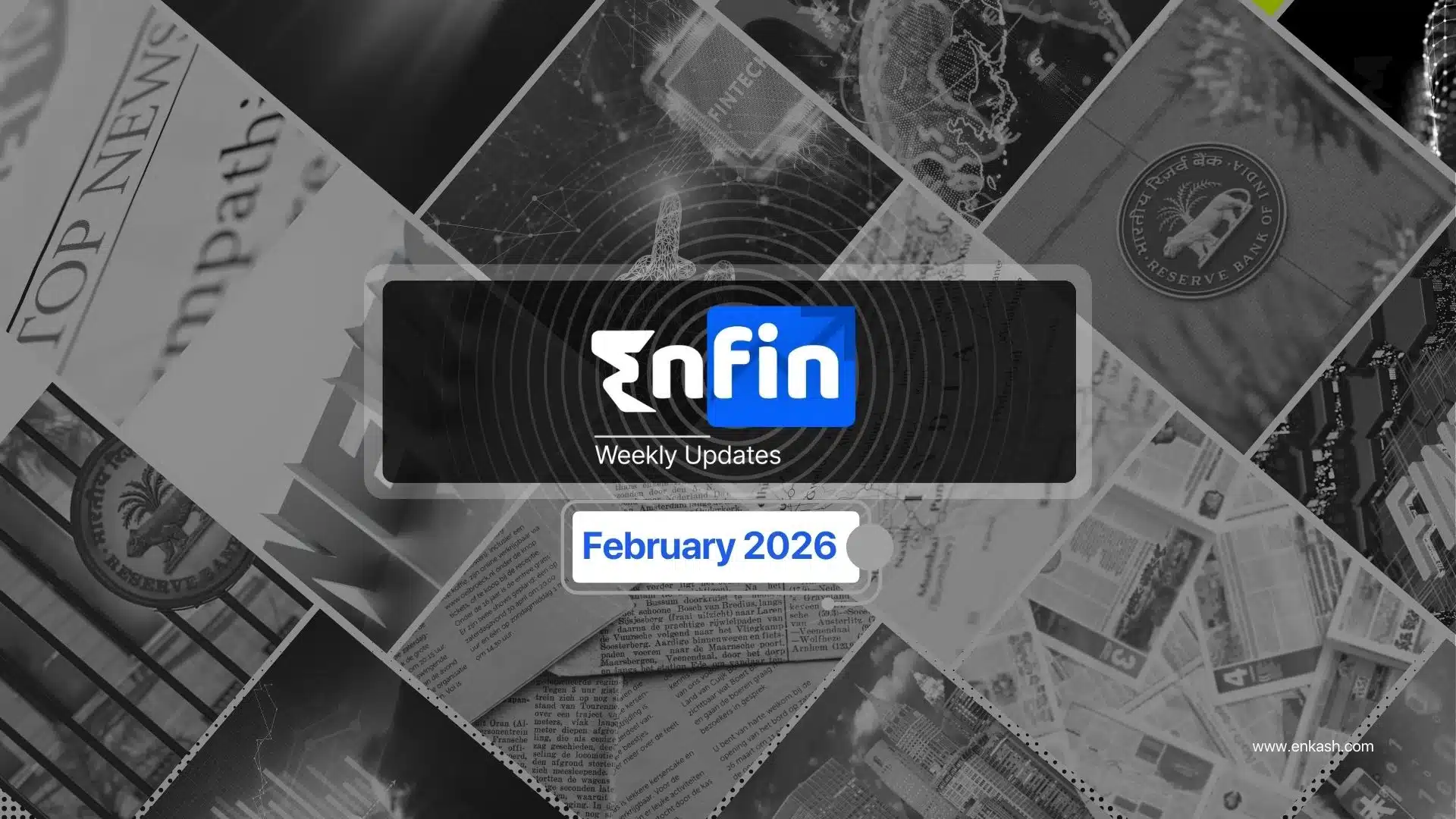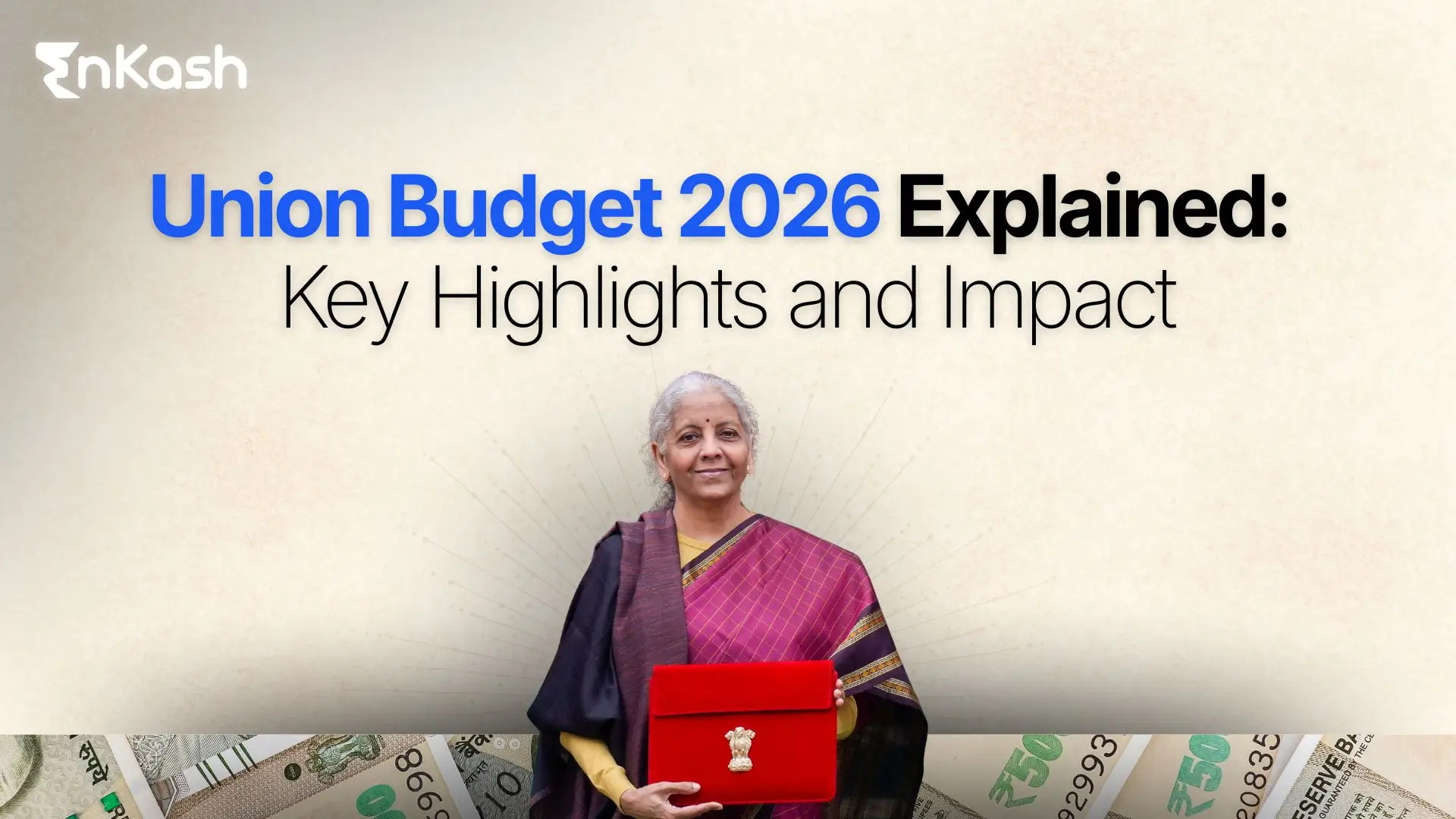Introduction
Have you ever looked at your electricity bill closely and wondered what is really behind those figures? Or what one unit of electricity actually represents? It becomes even more important to understand how an electricity bill (EB) calculator works when electricity prices keep rising every year. Whether you receive an MSEDCL bill, a TSSPDCL electricity bill, or a bill from any other provider, understanding your meter readings and how billing works helps you control your usage and save money in the long run. In this blog, we explain how your bill is calculated, what 1 unit (kWh) means, and how online electricity bill calculators make it easier to monitor your power costs.
What Is an Electricity Bill Calculator?
An electricity bill calculator, often called an EB bill calculator, is usually an online tool that helps you estimate your monthly electricity payment in just a few steps. The waiting process for the arrival of your MSEDCL bill or TSSPDCL electricity bill can now be replaced with the use of this calculator to obtain an instant estimate. All you need to do is enter your EB reading details, such as the total units used and the local electricity unit rate for your area. The calculator then generates an approximate bill amount, including energy charges, fixed charges, and taxes. This not only makes energy billing easier to understand but also helps consumers manage their electricity consumption more proactively. If you notice that your estimated cost is higher than usual, you can reduce your usage before the actual bill arrives. These calculators are available on many state electricity board websites and on trustworthy platforms like EnKash, making it simple and fast to estimate and track your bills.
Read More: What is an electricity Bill?
Understanding Electricity Units: What Is 1 Unit of Electricity (kWh) in India?
Understanding the term “1 unit” of electricity is the first step in the process of electricity billing calculation. One unit is a standard measure in kilowatt-hours (kWh), which means using 1 kilowatt (1000 watts) of electricity for 1 hour. To illustrate, a geyser with a power of 1000 watts, when operated for 1 hour, will consume 1 unit of electric power. Likewise, a 100-watt electric fan used for 10 hours will also consume 1 unit.
After comprehending this point, determining your monthly consumption is a lot more straightforward. Your EB (Electricity Board) meter reading reflects the total units of electricity consumed during a billing cycle, and this is precisely the amount that your e-bill or EB billing calculator employs to calculate your payment.
It is beneficial to know the power usage of your appliances, as this information will help you to detect the ones that use the most electricity, hence you can alter your usage accordingly and enjoy a decrease in your electricity bills. This applies to all kinds of electricity bills, whether they are from MSEDCL, TSSPDCL, or any other state power company.
Understanding your unit consumption helps you make better, more energy-efficient choices at home and at work.
How Electricity Bill Is Calculated
At first, your electricity bill may seem complicated, but it becomes straightforward once you understand the basic steps. The main reason for the amount you pay is your power consumption and the electricity unit rate set by your state’s electricity board. To find out how the electricity bill is calculated, first, you have to write down the total number of units consumed—this is indicated as kWh (kilowatt-hour) on your EB reading details. Then multiply these units by the applicable per-unit rate or slab rates for your locality.
Next, include other factors such as fixed charges, meter rent, service fees, and taxes imposed by the government. The result gives you your final payable amount. For example, if you used 250 units in a month and the per-unit rate is ₹6, your basic energy charge would be ₹1,500.
By adding fixed charges, taxes, and any other applicable fees, the total will be higher than the basic energy charge. With the help of online EB bill calculators or energy billing tools, many people now prefer to automate this using online calculators, especially when monitoring their MSEDCL bill, TSSPDCL electricity bill, or any other board’s charges.
Calculators like these allow you to easily estimate your bill, see where your money goes, and even better control your energy usage. It’s a smart and hassle-free way to keep track of your electricity expenses and even stay one step ahead.
Electricity Unit Rate in India: State-Wise Comparison (Illustrative)
Electricity unit rates differ across states and also between domestic and commercial users.
| State | Domestic Rate (₹/unit) | Commercial Rate (₹/unit) | ||
| Delhi | 0-200 units: ₹3 per unit
201-400 units: ₹5 per unit 401-800 units: ₹6.5 per unit 801-1200 units: ₹These calculators are meant to be the very aids that make energy billing and the whole process very easy and clear to all 7 per unit Above 1200 units: ₹8 per unit |
0-200 units: ₹4 per unit
201-400 units: ₹6 per unit 401-800 units: ₹7.5 per unit 801-1200 units: ₹8.5 per unit Above 1200 units: ₹9 per unit |
||
| Haryana | 0-50 units: ₹2.20 per unit
51-100 Units: ₹2.70 per unit 101-150 Units: ₹2.95per unit 151-300 Units: ₹5.25per unit 301-500 Units: ₹6.45per unit Above 500 Units: ₹7.10 per unit |
0-100 Units: ₹7 per unit
101-200 Units: ₹9 per unit 201-400 Units: ₹10 per unit Above 400 Units: ₹11.5 per unit |
||
| Maharashtra | 0-100 Units: ₹4.43per unit
101-300 Units: ₹9.64 per unit 301-500 Units: ₹12.83 per unit Above 500 Units: ₹14.33 per unit |
0-100 Units: ₹8.40 per unit
101-300 Units: ₹12 per unit 301-500 Units: ₹13.5 per unit Above 500 Units: ₹16 per unit |
||
| Tamil Nadu | 0-200 units: ₹4.95 per unit
201-250 units: ₹6.65 per unit 251-300 units: ₹8.80 per unit 301-400 units: ₹9.95 per unit 401-500 units: ₹11.05 per unit Over 500 units: ₹12.15 per unit or higher |
0-50 units: ₹8.25 per unit
50-112 units: ₹8.25 per unit |
||
| Gujarat | 0-100 Units: ₹3.6 per unit
101-200 Units : ₹4.85 per unit 201-300 Units: ₹6.1 per unit Above 300 Units: ₹ 7.3 per unit |
0-200 Units: ₹ 8 per unit
201-500 Units: ₹9 per unit Above 500 Units: ₹10.5 per unit |
||
| Rajasthan | 0-50 Units (BPL): ₹4per unit
0-150 Units (General): ₹4.75per unit 151-300 Units: ₹ 6.5per unit Above 300 Units: ₹7.95per unit |
0-200 Units: ₹7.55 per unit
201-500 Units: ₹8.85 per unit Above 500 Units: ₹8.95 per unit |
||
|
0-100 Units: ₹3.5 per unit
101-200 Units: ₹ 5 per unit 201-400 Units: ₹6.5 per unit Above 400 Units: ₹8 per unit |
0-100 Units:₹7 per unit
101-300 Units:₹9 per unit 301-500 Units:₹9.5 per unit Above 500 Units:₹10 per unit |
Note: The following rates are indicative examples and may vary by discom, category, load, and the latest tariff order. Always check your state electricity board or regulator website for updated tariffs.
State Bill Calculator
In India, each state has a different electricity board and an online state bill calculator that helps people get an idea of their monthly power consumption. These calculators are designed to make energy billing easier and more transparent for everyone. The process is almost the same whether you are checking your MSEDCL bill in Maharashtra, your TSSPDCL electricity bill in Telangana, or any other state portal. The only thing you would have to do is to give input for your EB reading details, total units consumed, and the electricity unit rate. The state bill calculator will then immediately produce an estimated amount, which includes fixed charges and taxes as well. Thus, one can in this way plan their monthly expenses in a better way and also avert surprises in their bill. Some state portals go a step further and even allow users to compare residential and commercial rates or see how many units are consumed daily. For example, you can see how each additional unit of electricity (1 kWh) affects your total bill based on your usage. These features improve transparency and encourage better energy consumption habits. It does not matter if you are a homeowner, tenant, or business owner; the electricity bill calculator provided by the respective state iis one of the simplest ways to know how your EB bill is computed and to control your energy consumption more efficiently.
Best Electricity Bill Payment Platforms
It is now very easy to pay your electricity bill online. The days when one had to wait in long queues and suffer from the anxiety of missing due dates are long gone. Through digital platforms, payment of your MSEDCL bill, TSSPDCL electricity bill, or any other utility bill can be done from the convenience of your home. Here are the topmost electricity bill payment platforms that expedite, secure, and make the process smooth and hassle-free:
EnKash
The EnKash utility bill payment platform is especially useful for individuals and companies that deal with several bills at a time. You have the option of paying your EB bills and managing all your accounts from a single dashboard. The system provides facilities to keep track of payment history, set up automated payment due dates, and store digital receipts — all aimed at providing and assuring transparency and timely payments. Whether it is MSEDCL, TSSPDCL, or any other state electricity board, EnKash can support your power bill payments.
BBPS (Bharat Bill Payment System)
BBPS is an RBI-regulated national bill payment system, operated by NPCI, that connects you with authorized billers across India. Its main features include secure, standardized transactions and wide biller coverage. You can pay through BBPS using your bill details or EB reading information, and the payment is usually updated quickly in the electricity board’s records.
PhonePe
With PhonePe, paying your electricity bill is super easy. You can use UPI, debit cards, or wallets to clear dues in seconds. Besides, the app allows you to check your previous bills, see reading details, and obtain instant payment confirmation, thus making energy billing more efficient and completely paperless.
Conclusion
An electricity bill calculator is a tool that helps you control your electricity usage at home and its cost. If the EB reading details, 1 kWh, and the electricity unit rate are known, one can easily and conveniently estimate and manage monthly power costs.
Whether the MSEDCL bill, TSSPDCL bill, or any other state board is being checked, the aforementioned tools will make the whole process simple and transparent. For payments, the EnKash platform offers a safe and easy way to manage all your electricity bills in one place, saving time and effort and helping you avoid missed due dates.
FAQs
1. What is an electricity bill calculator?
It is a simple online tool where you provide your meter reading and unit rate to get an immediate estimate of your monthly electricity cost.
2. How much is 1 unit of electricity?
1 unit is equivalent to 1 kWh, which is the energy consumed by a 1000-watt device running for 1 hour, such as a geyser, or by a 100-watt fan running for 10 hours.
3. What parameters are included in calculating my electricity bill?
Typically, your bill is calculated as (units consumed × rate per unit), plus fixed charges and applicable taxes. Online calculators work this out automatically.
4. Can I see my bill online before it shows up physically?
Yes. Most state electricity portals and EB bill calculators allow you to check your bill anytime using your consumer number or meter details.
5. What is the most convenient method of paying my electricity bill?
EnKash, BBPS, and PhonePe are some of the platforms through which you can easily pay bills online, keep a record of payments, and avoid missing due dates.










